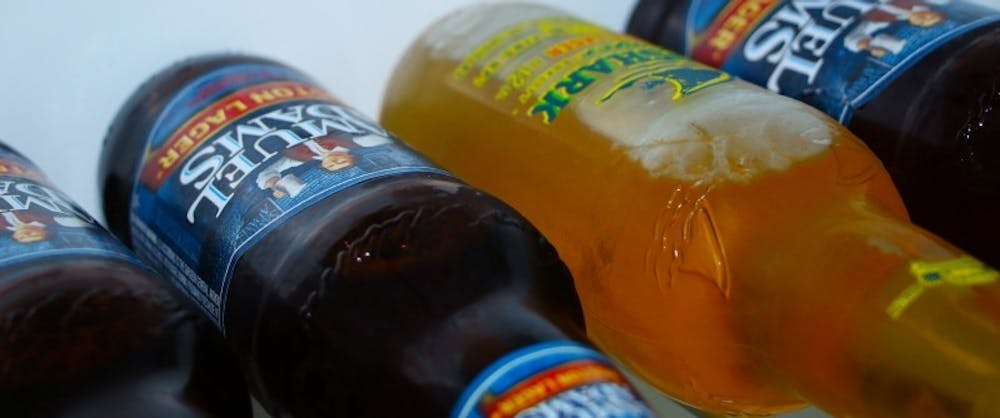How to receive immunity:
-Give full name and any other information requested by authorities
-Stay on the scene until authorities and paramedics arrive
-Fully cooperate with authorities
For underage college students who may drink too much and end up hurt or in danger of alcohol poisoning, the Lifeline Law gives an opportunity to call for help without fear of repercussion.
The law gives immunity from charges of public intoxication, minor in possession, minor consumption and minor transport as long as the caller cooperates with the police and gives their full name and other relevant information, according to in.gov.
When the law was made, it only covered alcohol related emergencies, but two years later, in 2014, it was expanded to give protection to victims of sexual assault and those who believe they are witnessing a crime, according to indianalifeline.org.
It also gives immunity to the person in need of medical attention, so their friends don’t need to worry about getting them in trouble by calling for help.
1,825 college students between the ages of 18 and 24 die annually from unintentional alcohol-related injuries, according to the National Institute on Alcohol Abuse and Alcoholism.
Orientation leaders at Ball State are trained to know the Lifeline Law and are encouraged to talk about it with incoming freshmen to ensure they know about the law.
Jim Merritt, the Indiana senator who co-authored the law and worked to improve it last year, told The Daily News last year this law could save lives as long as people are aware of it.
“Now that everything is in place with the law, it just needs to be known, it needs to be used,” Merritt said. “We have laws in place that, when kids and people make mistakes, that there is a grayness and amnesty, but people have to know it and they have to use it.”
Especially during the Red Zone, the first six weeks of college when freshmen are most likely to get hurt or get into trouble, knowing about the Lifeline Law can be lifesaving.
|
How to receive immunity: • Give full name and any other information requested by authorities • Stay on the scene until authorities and paramedics arrive • Fully cooperate with authorities |



